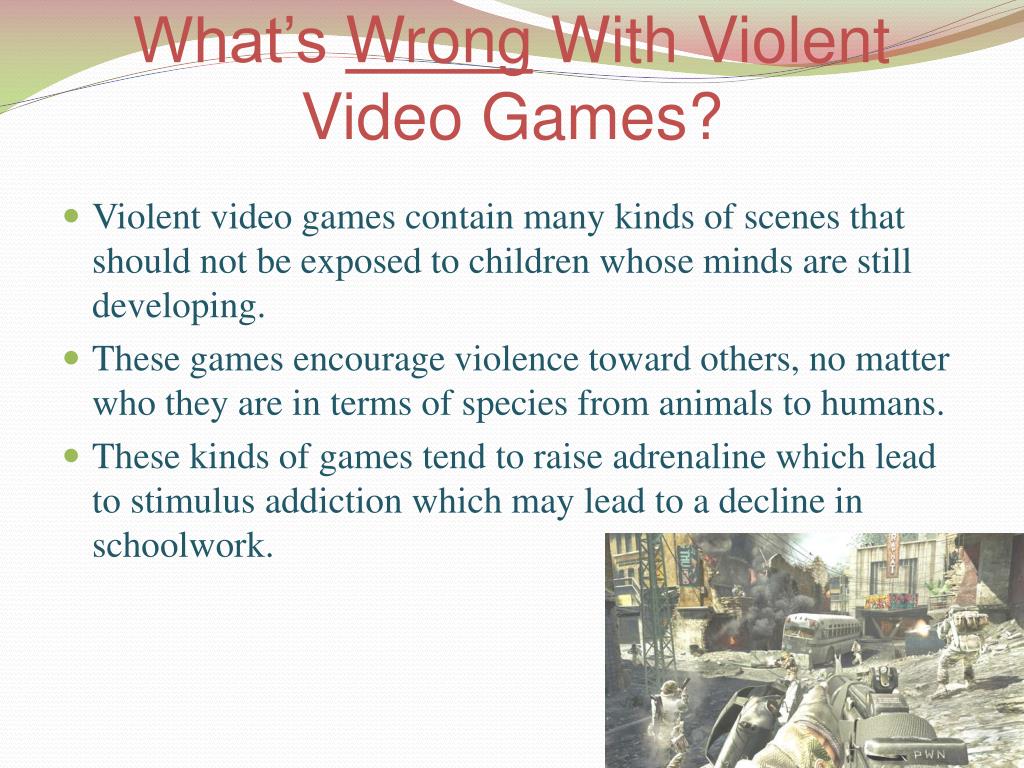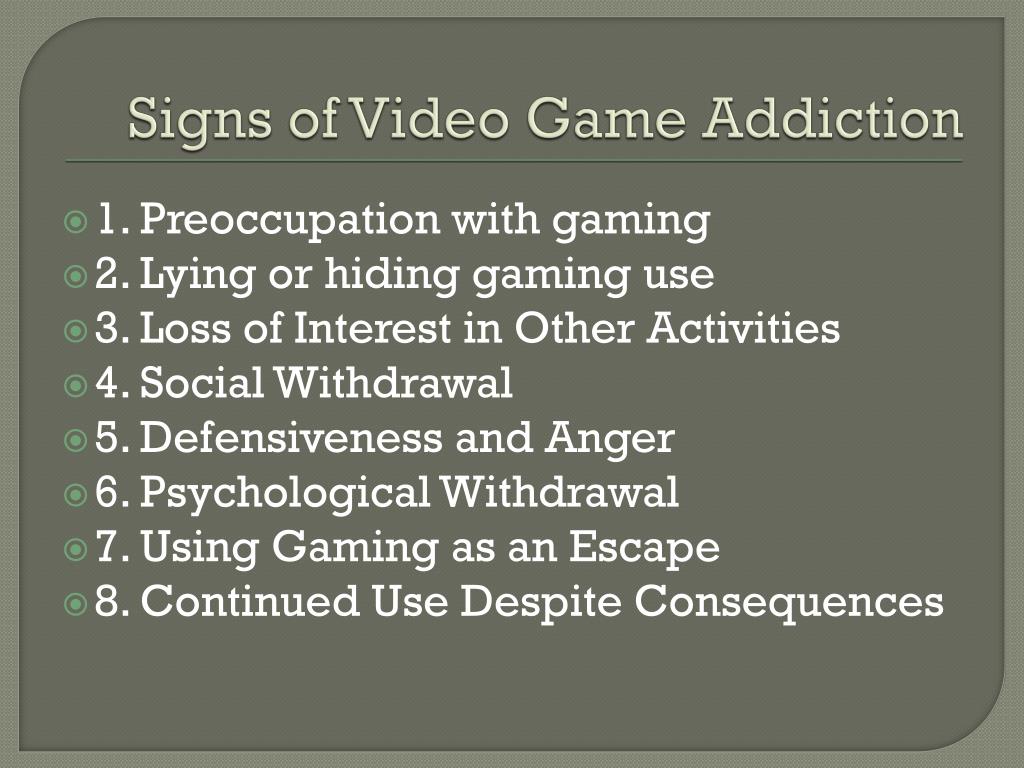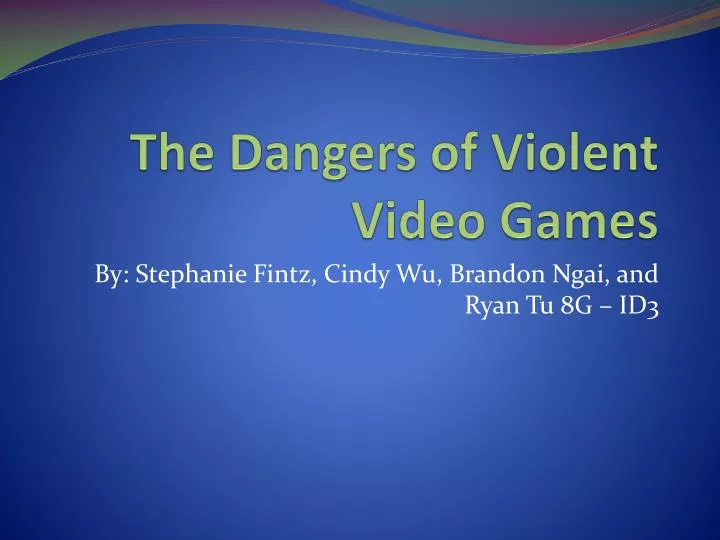

The therapist may also recommend cognitive behavioral therapy that focuses on changing the child’s thoughts and feelings. Counseling will lead to the path of recovery. If your efforts at home are not working, take them to a therapist or enroll them in a de-addiction program. You may reduce the playtime gradually from three hours a day to two, one and so on.Įncourage your child to stick to the schedule, and set an example by keeping your laptop and smartphones away. Allocate some time every day when they can play the game. Instead, discuss with your child, and set time limits. They might become adamant and continue playing outside your home, which could be even more troublesome. Limit the time:ĭo not take away their gaming console or computer to bring them out of the problem. Tell them how you are worried to see them spend such long hours gaming. They might be adamant and deny that there is anything wrong with them, but do not lose hope or patience. Help your teen recognize their compulsive behavior. So, how do you begin to fight the addiction? Here are some ways to address video gaming addiction among teens. Pathological gaming must be treated the same way as any other addiction. Even one screen-free day in a week can make children realize that the digital world is not everything. Or take the initiative to go out with your family every week or weekend to take a complete break from digital media.

Be a good role model for your child and limit your own screen time.Discuss with other parents to know more about certain video games and share ideas to help each other understand the facet of kids.What is it that drives so much interest in them?


Set limits on how long and how often your teen can play the games.Do not install any video game equipment in your kid’s bedroom.Research and know the content and rating of the video games your teen is playing.As a parent, you can do certain things to mitigate the negative effects of video games on kids’ behavior and achievements.


 0 kommentar(er)
0 kommentar(er)
